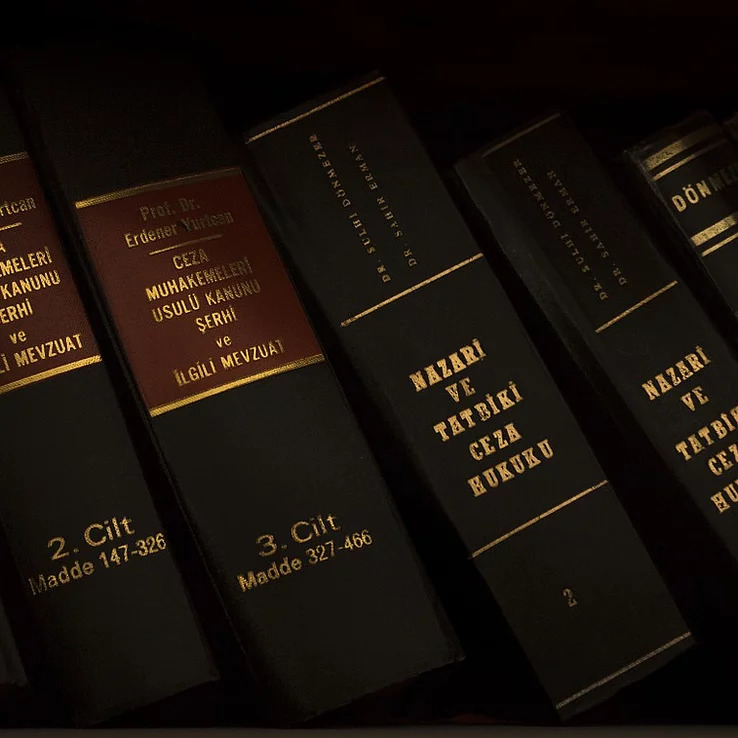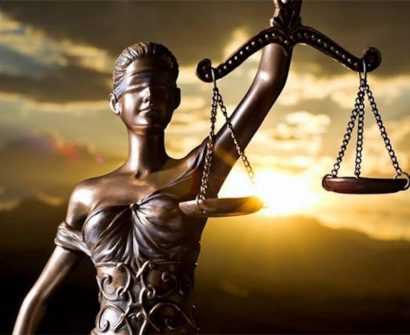
A.M. Khanwilkar and Dr. D.Y. Chandrachud were on the bench led by former Chief Justice of India Deepak Mishra in the historic case of tehseen poonawalla vs union of india and others. The judges’ decision addressed the state of affairs at the time. This ruling severely condemned the mob lynching instances and significantly changed how this crime was treated prior to the ruling’s issuance.
Social activist Tehseen Poonawalla filed a writ suit in the Supreme Court, challenging the legality of the animal protection laws in six states that gave these cows vigilante groups the ability to break the law. In Tehseen S. Poonawalla v. Union of India & Ors. (2018), the Supreme Court issued directives to the federal and state governments to promptly implement the specified measures, in addition to making significant observations on a number of other case-related issues, including the state’s duty to regulate such criminal activities and the detrimental effects of lynching and vigilantism.
The mere fact that people were exchanging cows has led to an increase in mob violence against individuals in recent years. Physical assault used in the name of protecting cows is known as “cow vigilante violence.” In India, there have been cases where people have taken the law into their own hands and lynched people by accusing them of killing cows in the sake of protecting cows. The minority community was the primary target of these extrajudicial killings by the mobs, which increased their sense of unease. Mob lynchings cast doubt on the legitimacy of the state and have a detrimental effect on the legal system in their very existence.
tehseen poonawalla vs union of india Case Facts
- Infuriated activists filed writ petitions in the Apex Court following a wave of lynching occurrences in Dadri, Jharkhand, and elsewhere by organizations dedicated to protecting cows.
- A social activist named Tehseen Poonawalla filed a writ suit against the Respondent States pursuant to article 32 of the indian constitution.
- In an effort to hold the State accountable for these mob episodes, Tushar Gandhi filed the second PIL.
- A three-judge bench heard the petitions collectively.
tehseen poonawalla vs union of india Issues
- Whether the States and the Center should create a victim compensation plan to address the issue of lynching and whether they should create an efficient and quick action plan to be taken against these aggressive cow protection mobs
- If separate laws addressing the crime of mob lynching should be made by the State and the Center
- The constitutionality of state cow protection laws that shield cow vigilantes acting in “good faith,” such as Section 12 of the Gujarat Animal Prevention Act, 1954, Section 13 of the Maharashtra Animal Prevention Act (1976) as well as Section 15 of the Karnataka Prevention of Cow Slaughter and Cattle Prevention Act (1964)
- Whether more instructions from the State and the Center are needed to get rid of the violent social media posts that these organizations have been uploading.
tehseen poonawalla vs union of india: Provisions Involved
- Article 48 of the Indian Constitution: The Indian Constitution’s Article 48 lays out a guiding concept that the State must adhere to when creating policy. According to this constitutional clause, the State must work diligently to preserve and enhance animal breeds while also developing the agriculture and animal husbandry industries in line with the most recent technical developments. The State is specifically instructed by the Constitution to outlaw the killing of cows and calves.
- Section 295A of the IPC: It severely penalizes any act of maliciously offending the religious sentiments of any group. The following list contains the necessary components of this offense.
- Speaking, writing, gesturing, or making a visible representation, the accused person has made a statement or representation;
- this statement is made with the goal of offending the religious sentiments of any class of Indian citizen;
- this intention must be malicious and deliberate.
- Section 129 of the CrPC: The executive magistrate or officer in charge of a police station is one of the authorities authorized by Section 129 of the Code of Criminal Procedure, 1973 (henceforth referred to as the CrPC) to disperse an unlawful assembly. These authorities have the right to use force to scatter such a meeting and, if necessary, to arrest and detain those who disregard their warning.
- Section 357A of the CrPC: The victim compensation plan is covered under Section 357A of the CrPC. Such a plan must be drafted by each state government in order to offer assistance to the victim or any dependents who were harmed as a result of the offense. By virtue of this clause, the legal service authority of that district or state may determine the amount of compensation that will be awarded under the aforementioned program by any competent court.
Contentions by the Parties
Petitioner:
- In the 2016 petition, Mr. Hegde maintained that the law should be obeyed and that no one may take such action based just on the impression that it is illegal. Remedial, punitive, and preventive methods were emphasized.
- In addition to advocating for highway patrols and citing article 256 of indian constitution and article 257 of indian constitution as support for cooperative federalism, Ms. Indira Jaising argues that state law enforcement agencies have an obligation to file formal complaints and stop similar incidents.
- She said that strict measures should be taken, particularly when family members approach, and that it is the responsibility of both the State and the Center to make sure that minorities are not singled out for hatred and false information.
Respondent:
- The Solicitor General, Mr. Ranjit Kumar, argued that these instances were State-related and that the Union of India did not endorse vigilantes.
- The states of Gujarat and Jharkhand stated that the individuals responsible for these incidents had previously been the subject of proper legal action.
tehseen poonawalla vs union of india Judgment
- It was stated that no one should participate in lynchings based only on the impression that an offense had occurred. It was also mentioned that the administration should keep an eye on and investigate any actions that amounted to mob violence or lynching.
- There was a claim that the man could not be lynched because the law could be employed. The argument went on to say that the Central Government may step in by exercising the authority granted to it by article 256 of indian constitution and article 257 of indian constitution to give orders to the State Governments.
- It was claimed that the spread of false information, which was predicated on the idea that the victims were involved in illicit cattle trading, was the main cause of these actions.
- Lynching was categorized by the court as “mob violence” during the case’s most recent hearing. It had stated that as “anyone can be a victim” of such a crime, recompense for victims should be decided based on the level of injury inflicted rather than only their caste, religion, or other characteristics. According to Chief Justice Misra, the States could not allow lynching to occur even in the “fewest chance.”
At this point in time, every Indian citizen who comes across news on social media about a suspect in a rape or murder case, or any other case that the public finds repugnant believes the man is guilty of all the crimes listed in the chargesheet; if the public believes the man is innocent, they beat him severely until he dies without knowing the full facts or issues surrounding the case. This is very detrimental to our society, and we must wait for the court’s orders, which must be obeyed without bias.
Actor Tehseen Poonawalla filed a contempt petition, and that petition resulted in the ruling. It claimed that crimes went unpunished despite the Supreme Court’s directive to the States to stop lynchings and acts of violence by cow vigilantes. Senior attorney Indira Jaising testified that there was a recent lynching and death approximately 60 km away from Delhi, despite your instruction to the States to establish nodal officers to avoid similar instances. Ms. Jaising contended
Because lynching instances “have a pattern and a motive… these crimes go beyond the description of law and order.” For example, all of these incidents take place on highways.
The States were requested by this court to conduct highway patrols. As “targeted violence” against a specific religion or caste, the lynching violated the constitutional safeguards outlined in Article 15 of the document. According to Ms. Jaising, Article 15 protects against discrimination based on caste, religion, sex, gender, and other factors.
Chief Justice Misra had even requested that the Center create an Article 256 plan that would instruct the States on how to stop/manage such incidents and uphold law and order. However, Additional Solicitor General P.S. Narasimha disapproved, arguing that no such plan was required.
With the goal of giving students the best coaching available for law entrance exams including the CLAT, AILET, and various other numerous state judiciary exams, Jyoti Judiciary Coaching, India’s Finest educational Platform, was established. Come enrol now with Jyoti Judiciary!
For any latest news, legal topics, judiciary exams notifications, patterns, etc watch Jyoti Judiciary’s YouTube channel for legal videos for any updates at https://youtube.com/@jyotijudiciarycoaching4852?si=2cwubh9d2A9urwJf








